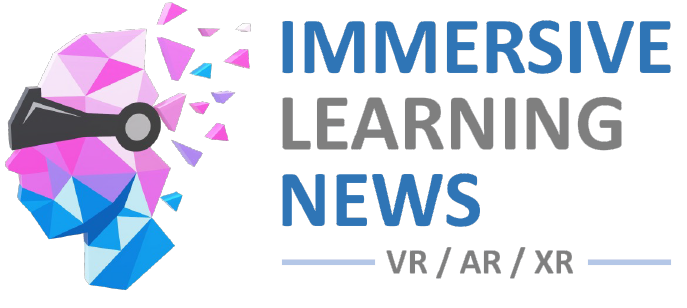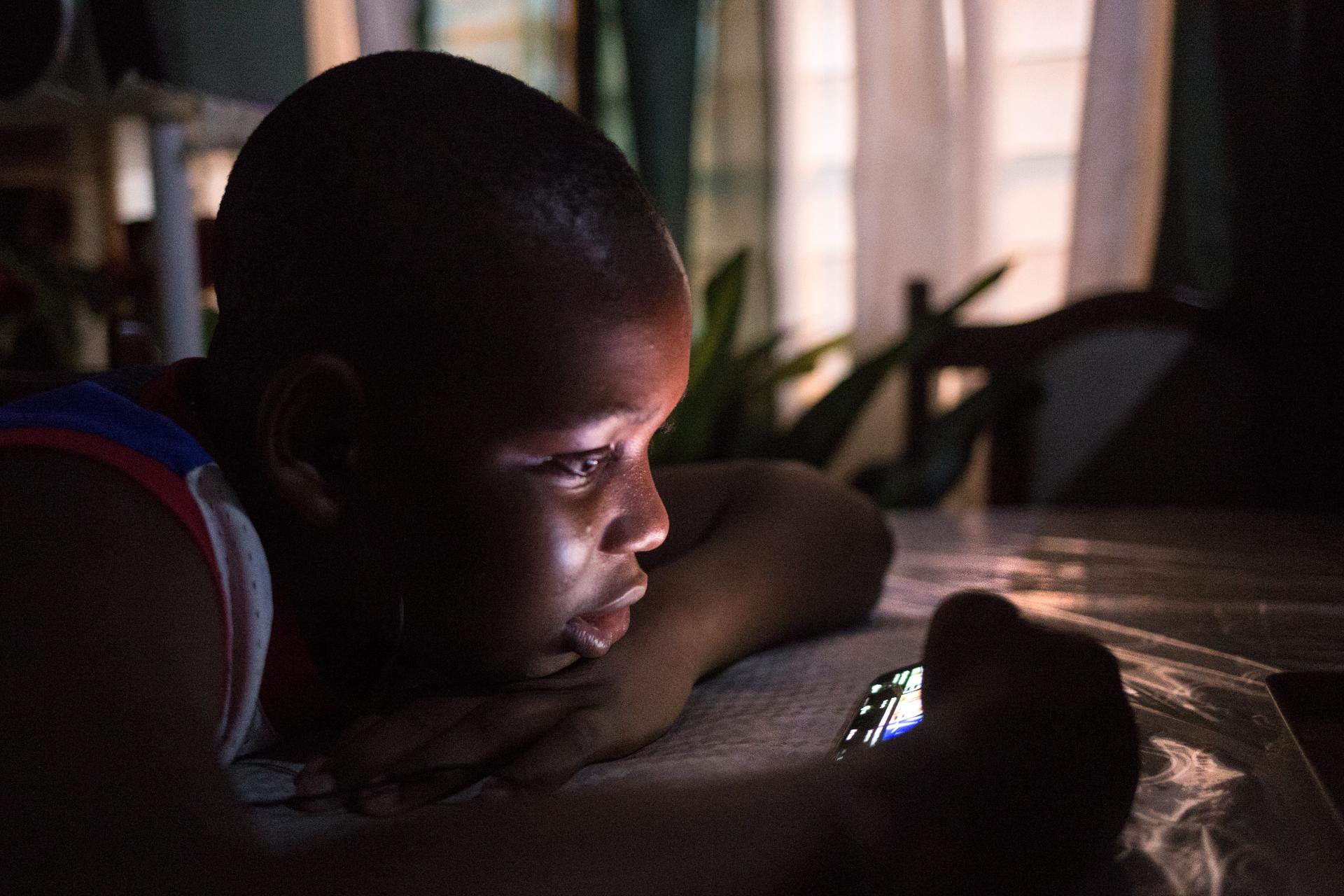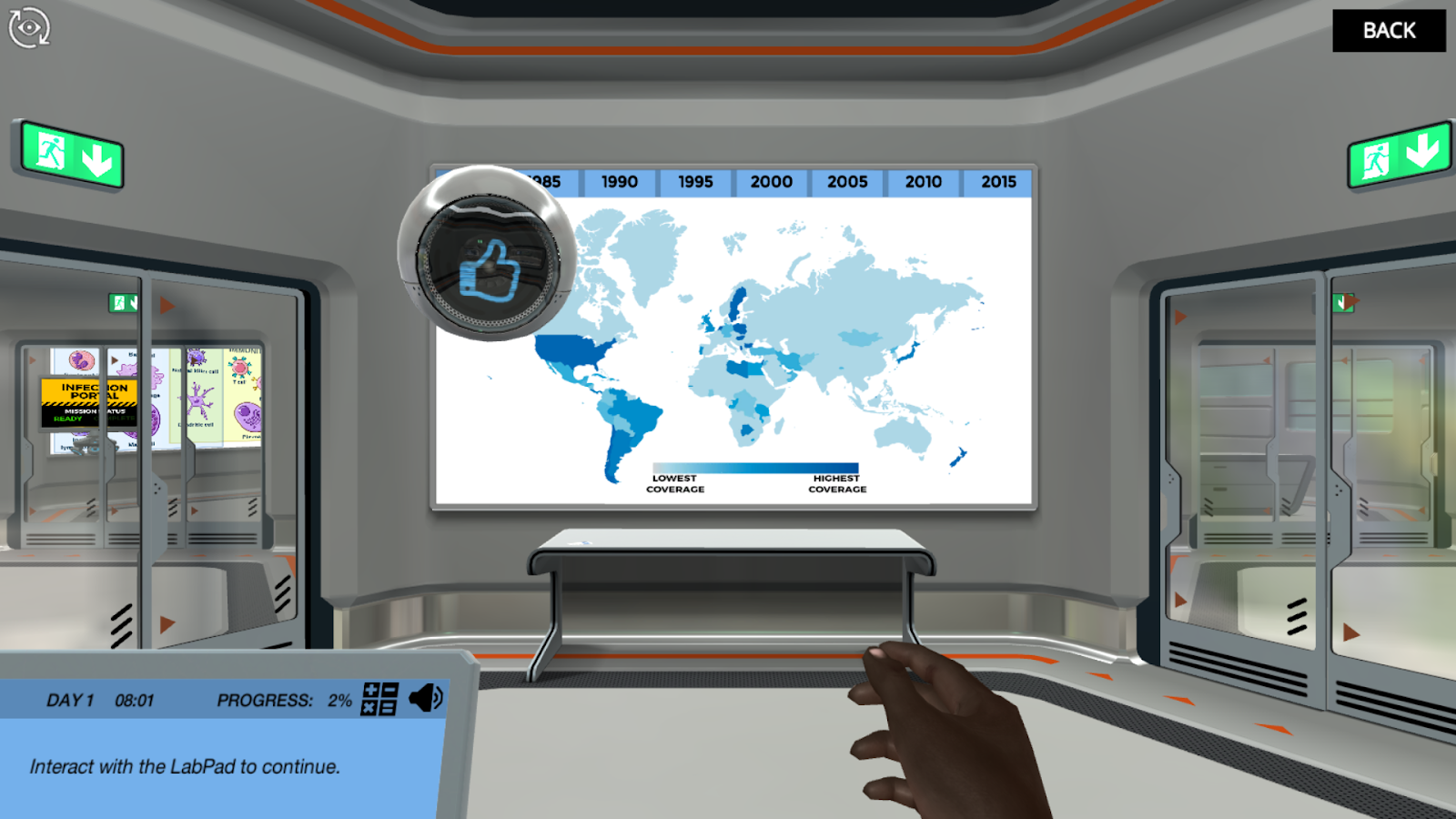Experts from UNICEF Innocenti, the research and analysis arm of UNICEF, and Diplo have come together to publish the report Rapid Analysis: Metaverse, XR, and Children.
The report examines the potential opportunities and risks associated with emerging technologies, particularly the metaverse and extended reality (XR), and their impact on children’s rights and well-being.
The report presents a comprehensive analysis of the metaverse, XR, and their implications for children. It provides valuable insights into the potential benefits of these technologies, such as enhanced education, creativity, and social interaction. However, it also highlights the risks, including privacy concerns, exacerbation of the digital divide, and potential impact on mental health.
Key findings from the report include:
- Enhanced Learning: The metaverse and XR have the potential to revolutionise education, providing immersive and interactive learning experiences that cater to individual needs and promote engagement.
- Creative Expression: Children can explore and express their creativity through the metaverse and XR platforms, allowing them to build, design, and collaborate on innovative projects.
- Social Interaction: These technologies offer opportunities for children to connect with peers, mentors, and experts from diverse backgrounds, fostering social inclusion and cultural exchange.
- Privacy Concerns: The report highlights the need for robust safeguards to protect children’s personal information in the metaverse and XR environments, ensuring their digital rights are respected.
- Digital Divide: Access to the metaverse and XR technologies can exacerbate existing inequalities, necessitating targeted efforts to bridge the digital divide and ensure equitable access for all children, regardless of their socioeconomic backgrounds.
- Mental Health Considerations: Excessive screen time, virtual isolation, and potential addictive features in the metaverse and XR platforms require proactive measures to protect children’s mental health and well-being.
In this report, UNICEF Innocenti and Diplo Innocenti call upon governments, technology companies, educators, parents, and civil society organisations to collaborate in ensuring that the potential benefits of the metaverse and XR technologies are maximised while minimising risks for children. The report recommends comprehensive policies and regulations, investment in digital literacy programs, and ethical guidelines to protect children’s rights and foster responsible use of these technologies.
The Metaverse, Extended Reality and Children
Rapid analysis | How might virtual environments evolve? And how are they likely to impact children and young adults?
Highlights
Tens of millions of children and young people are already active in virtual environments and game spaces. While it remains to be seen whether the metaverse is the future or just hype, their potentially profound impact on children and youth makes it essential to engage with these technologies today.
This report considers both positive and negative effects that virtual environments could have on children; the drivers of and predictions for the growth of the metaverse; and the regulatory and policy challenges posed by the metaverse. The report also recommends actions for government and private sector stakeholders to take in order to empower children and protect against or mitigate potential harms.
Broad recommendations for government stakeholders, including policymakers and regulators:
- Assess and adjust, if needed, regulations and regulatory frameworks to ensure that metaverse-related technologies do not violate children’s rights.
- Foster an enabling environment to maximize the benefits of metaverse-related technologies and virtual environments for all children through promoting inclusion, child rights design and research.
Broad recommendations for technology companies providing metaverse-related products and services:
- Prioritize the best interests of the child in the development and implementation of metaverse-related technologies.
- Internally and with other industry stakeholders, civil society groups, researchers and regulators, work to protect children and address harmful content and behaviour in the metaverse.
Quelle:
https://www.unicef.org/globalinsight/reports/metaverse-extended-reality-and-children




